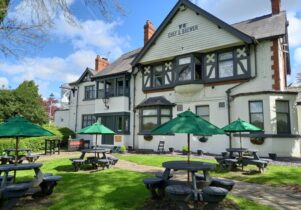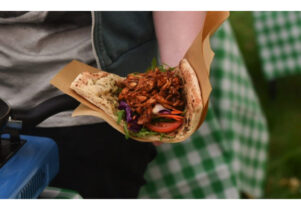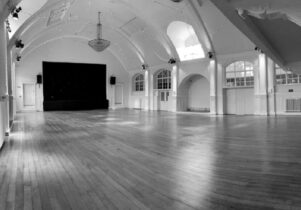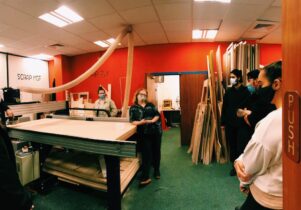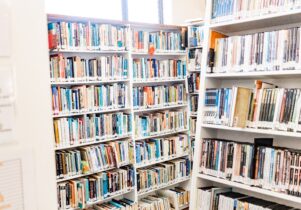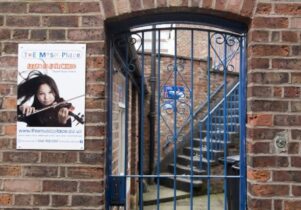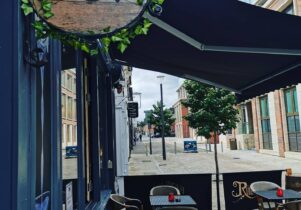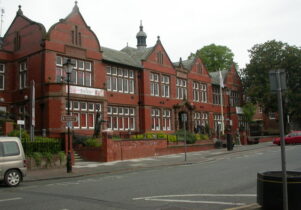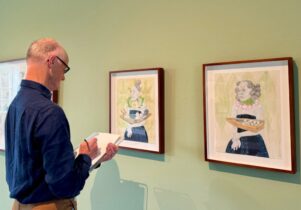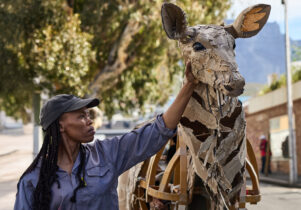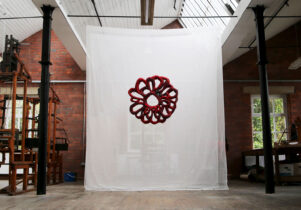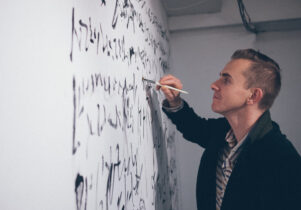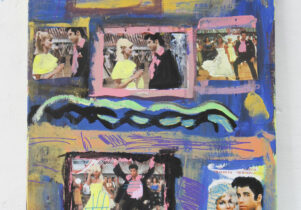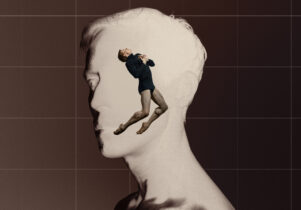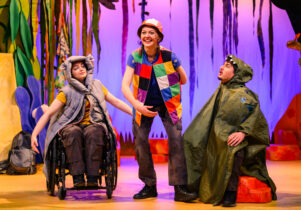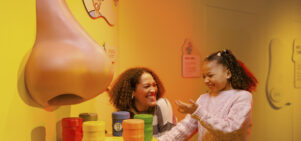Imagining the Stamford Hospital at Dunham Massey
Carmel Smickersgill, Tours & Activities EditorVisit now
Imagining the Stamford Hospital
Always double check opening hours with the venue before making a special visit.
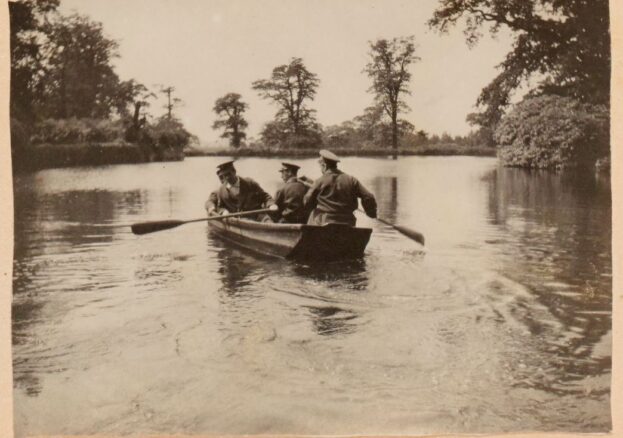
During the First World War Dunham Massey, opened its doors to serve as a place for 282 injured soldiers to recover. For the duration of the war, the grounds became Stamford Hospital. A time which is now being commemorated, 100 years after the events, with a collection of photographs and art installations responding to these archive images. Explore the historic grounds of the Dunham Massey estate whilst imagining the lives of the women who devoted themselves to helping the injured men. The house was completely transformed during this time, the Saloon became a ward, the great hall turned into a recreation room and the hallway at the bottom of the great staircase converted into a makeshift operating theatre.
This exhibition is part of ‘A Woman’s Place?’, one of the larger scale projects taking place at Dunham Massey this year. Over the course of 2018, a spotlight is being shone on the lives of three women who were fundamental in the development and history of the house and grounds. Featured are Lady Mary Booth, the only woman to inherit and run the estate whose history is accurately recorded, and Mrs Collins, Dunham Massey’s housekeeper who was left mostly out of the history books. In Imagining the Stamford Hospital, the life of Penelope, the countess who made the decision to open her house to the soldiers as a hospital is opened to the public. Part of the project includes new rooms being opened, with never before seen personal items of the women on display as well.
Dunham Massey is an oasis of peace and tranquillity between Manchester and Cheshire. As you break through the large protective wall around the estate and enter its expansive gardens including an orangery and deer park it’s hard to imagine such a naturally beautiful space as a medical site. Once in the exhibition, you will see the transformative power the place had on the soldiers. The photographs range from the wounded being stretchered into the grounds to them boating on the moat once recovered. The soldiers would arrive from a nationwide spread of regiments as well as some international patients from Canada.
The event itself is free, however, admission charges still apply.

